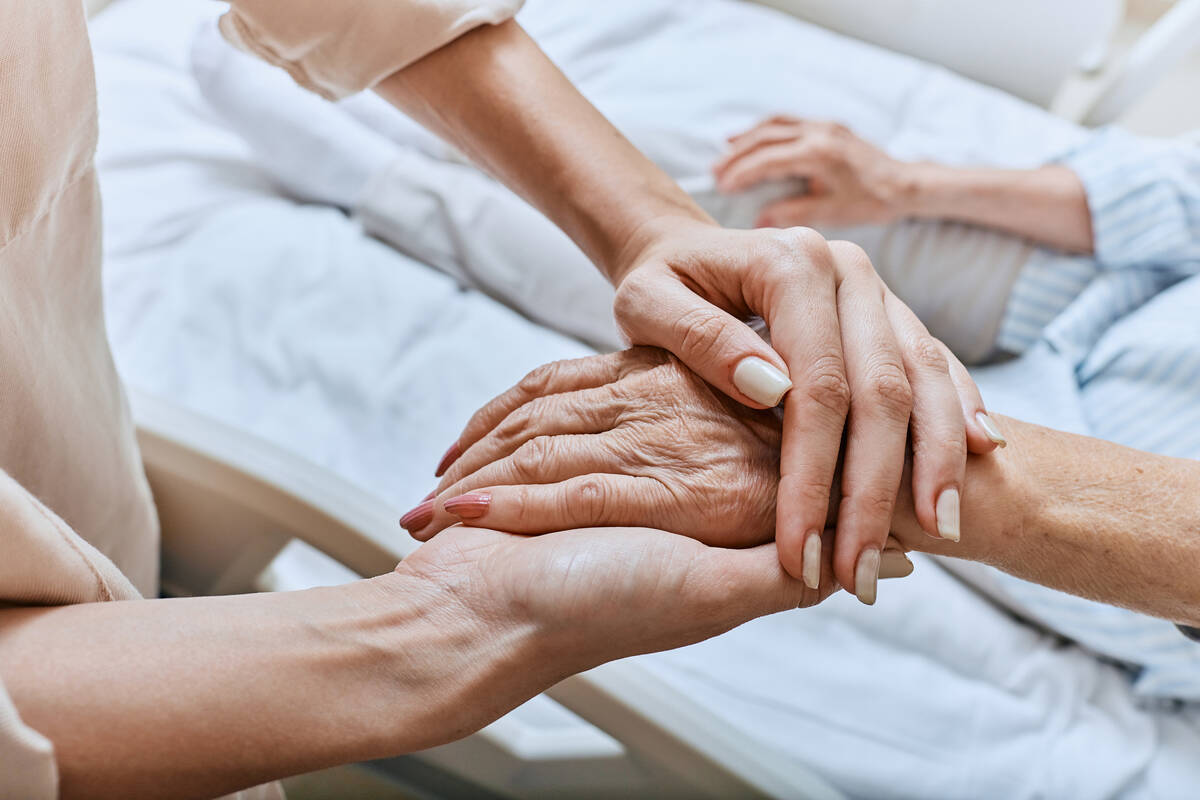What caregivers need to know about hospice treatment
Dear Readers: I recently had my own experience with Medicare as my 92-year-old mother has reached her final stage of hospice. I feel it is important for me to explain hospice, so that others with a terminally ill loved one learn the value of it. This note is from the hospice provider taking care of my mother.
Dear Toni: Hospice can help those who are taking care of a family member who has a serious health care issue during end-of-life care.
Can you explain hospice to your readers? I am sure it will help those who are experiencing what you are. Hospice gives the primary caregiver some rest during a stressful time. — Sharon, Houston
Dear Sharon: Thank you for helping with my mother’s transition from living at home to a personal care home since her dementia has progressed. Hospice is a subject that many caregivers may not fully understand. Many wait too long to discuss this type of care with their loved one’s doctor.
Most Americans believe hospice is only for the last days to help a person die peacefully.
I was blessed because the home health company helping with my mother’s care claimed that she would qualify for hospice and advised me to talk with her primary care physician to explain that she was terminally ill and needed hospice care. Because this process began more than two years ago, it made this transition a less stressful experience.
Here is some helpful information about hospice:
■ Health care professionals in the hospice system include physicians, nurses, social workers, spiritual counselors, certified nursing assistants and volunteers. A hospice provider goes where the patient lives to provide the care.
■ The 2024 “Medicare &You” handbook explains what hospice is and that Medicare covers hospice under Part A. The doctor who orders hospice must certify that a patient is terminally ill and has six months or less to live. When a patient agrees to hospice care, they agree to comfort care (palliative care) instead of treatment to cure the illness and must sign a statement choosing hospice care instead of other Medicare-covered treatments for the terminal illness.
■ Hospice can be recertified every six months by a hospice medical director or hospice doctor if the patient is still terminally ill (as in my mother’s case). Original Medicare will be billed for the hospice care.
■ Hospice will cover all medical care for terminal illness and original Medicare or a Medicare Advantage Plan will pay for health problems that are unrelated. (Copays will apply.) Medicare-certified hospice care is usually administered at home or in a facility such as a nursing or personal care home.
Medicare costs under hospice:
■ You pay nothing for hospice care (Medicare pays).
■ You have a copayment of up to $5 per prescription for outpatient prescription drugs for pain and symptom management.
■ You pay nothing for Medicare-approved inpatient respite care, which is a five-day stay in a Medicare-approved facility so that an at-home caregiver may have a period of rest.
Know that hospice provides comfort, dignity, love and support. Talk with your loved one’s doctor if you have concerns or need advice for a terminal health care issue.
Toni King is an author and columnist on Medicare and health insurance issues. If you have a Medicare question, email info@tonisays.com or call 832-519-8664.

















